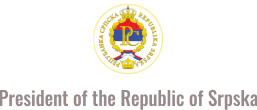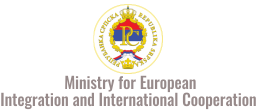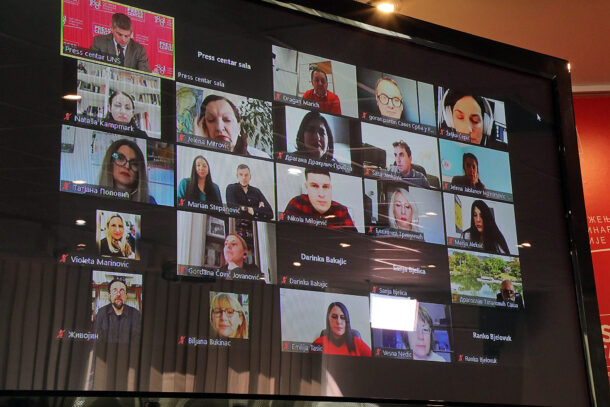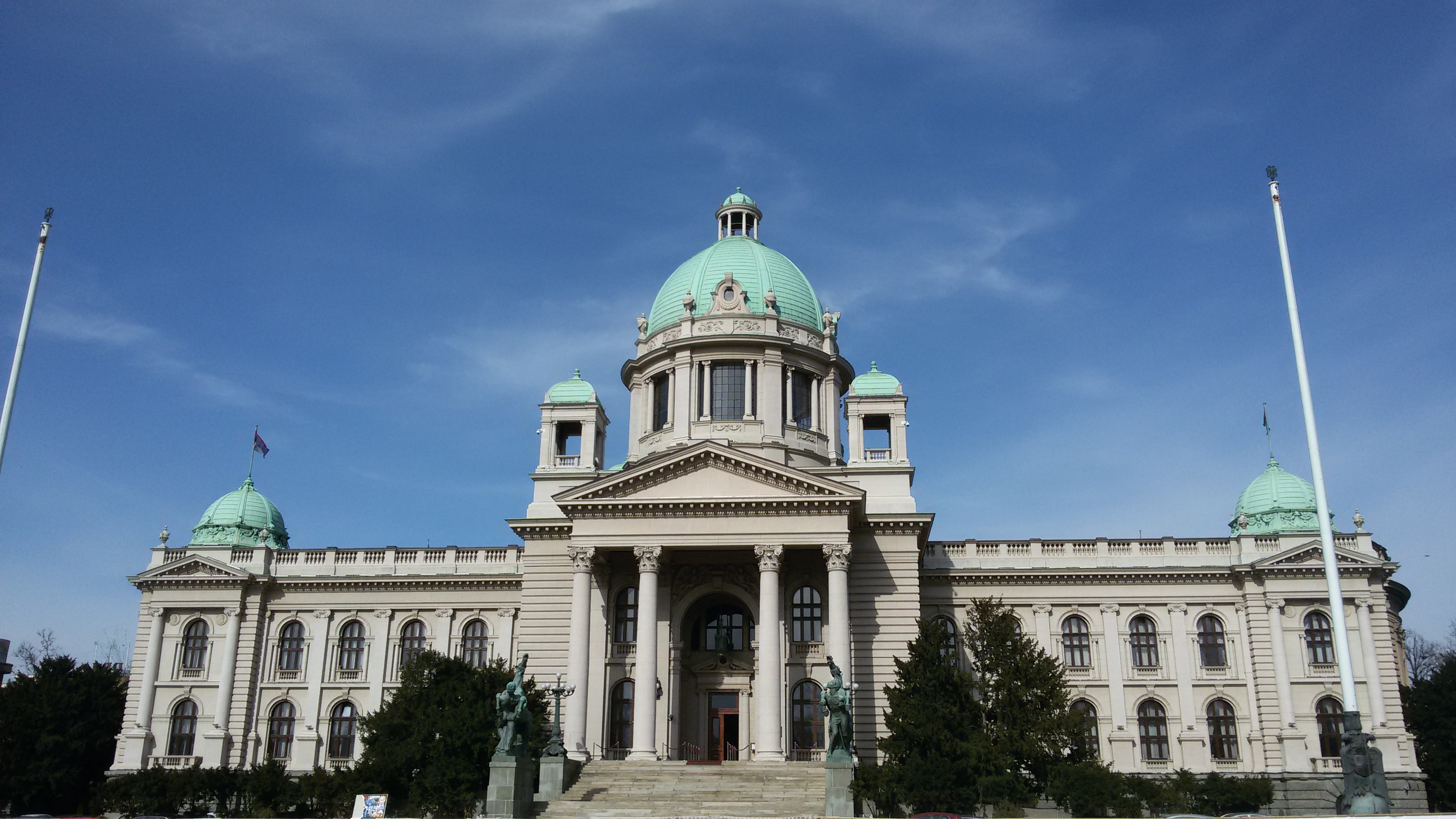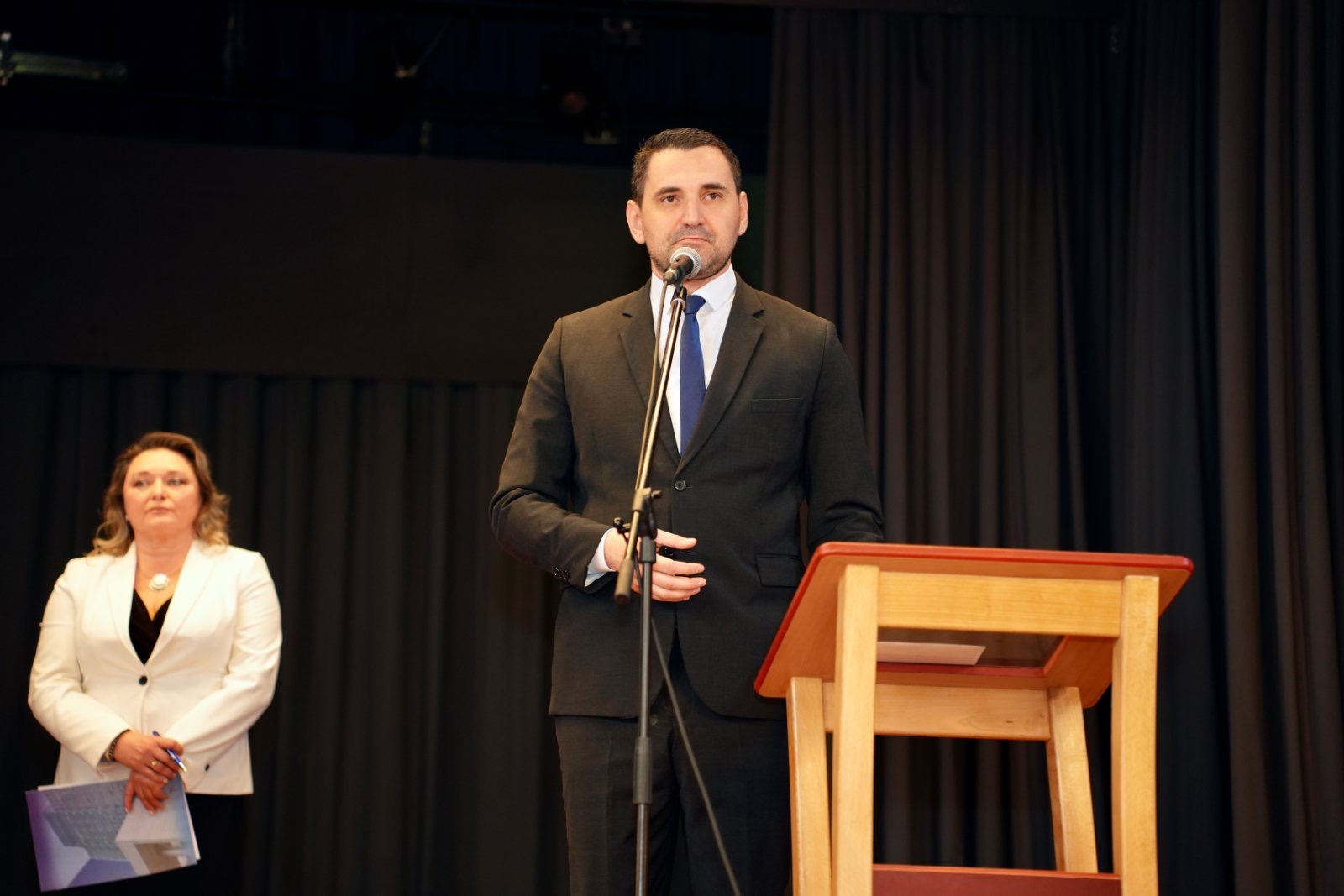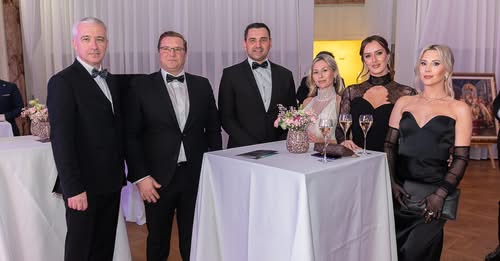The eleventh media conference of the diaspora and Serbs in the region was dedicated to the topic ‘Our role in preserving the Serbian linguistic and cultural identity’. The conference was organized by the Journalists’ Association of Serbia with the support of the Directorate for Cooperation with the Diaspora and Serbs in the Region of the Ministry of Foreign Affairs, in a combined online and live format, at the premises of UNS Press Center in Belgrade.
Arnaud Gouillon, acting director of the Directorate for Cooperation with the Diaspora and Serbs in the Region, opened the conference and noted that the Directorate had financed the establishment of 24 supplementary schools in the previous year, through Serbian associations and church and school municipalities.
‘Owing to those schools, which we opened where they had not existed, by encouraging our people to gather and organize, from Malta, through the Netherlands, Spain, Portugal, all the way to Russia, about 1,000 children have been enrolled’, Gouillon said and added that in the past year the Administration had financed 38 projects in the field of education with 18,000,000 dinars – summer schools, textbooks, trainings for educators.
Gouillon explained that a child attending a supplementary school of Serbian once a week for 3-4 hours, was learning not only grammar and cases, but also Serbian history, geography and culture.
‘What is much more important is the opportunity for children to socialize in Serbian, to see that Serbian is not only the language of parents and grandparents, but also the language of other children. As Duško Radović said: “The Serbian language has no one but us”. If we do not speak Serbian, it will disappear’, Gouillon concluded.
The introductory address was delivered by Živojin Rakočević, president of the Journalists’ Association of Serbia, who joined from Gračanica. Dr. Slavica Jašić, head of the Department for Preschool and Primary Education at the Ministry of Education, Science and Technological Development, Ivan Savić, assistant director of the Institute for Improvement of Education, and Gordana Predić, special adviser at the Ministry of Culture and Information, each spoke from the aspect of their purview.
The Conference included two thematic panels. Blaženka Trivunčić, coordinator of supplementary classes abroad at the Ministry of Education, Science and Technological Development, spoke at the first on Preserving the Serbian language in digital environment, on the topic of distance teaching of Serbian and use of digital tools. Own experiences in this field were discussed by Jelena Jablanov Maksimović, president of the Serbian Cultural and Educational Center St. Helen of Anjou, and Serbian language teacher in Malta, Dragana Drakulić – Priima, head of the Serbian Language and Culture School – Serbia Academy, St. Petersburg, Marija Aleksić, teacher of supplementary Serbian language classes in Berlin, Sanja Bjelica Šagonović, president of the Serbian Educational and Cultural Society Prosvjeta – Mostar City Board, Violeta Pavlović-Marinović, Serbian language teacher, South Africa, Ivan Ilić, president of the association Motherland-Diaspora Bridge, and editor of the Serbian Mirror magazine. The panel was moderated by Rade Dragović, a journalist from Večernje novosti.
The second panel was dedicated to Producing and distributing educational content intended for youth, and its participants included Dr. Natasa Kampmark, SBS RTV expert associate in the field of culture, and sessional lecturer at La Trobe University in Melbourne, who spoke about the Australian SBS RTV program in Serbian. Then, Vesna Nedić, editor-in-chief of the Serbian Canadian magazine SAN, Toronto, Saša Janković, Serbian Radio Television and Večernje novosti Australian correspondent, and Serbian Voice weekly Australian columnist, Jelena Mitrović, Serbian language professor in Switzerland, president of the association Mileva Marić Einstein, associate of the Serbian radio Mladost on K channel Aarau, member of the Serbian editorial board of Bern-based Diaspora TV, Nikola Milojević, editor of the portal srbi.hr, Vukovar Joint Council of Municipalities.
Over thirty journalists, representatives of diaspora associations and Serbs from the region, and Serbian language teachers participated in the conference via the Zoom application, and viewing was enabled via a link on the YouTube account of the Press Center.
Source and photo: Directorate for Cooperation with the Diaspora and Serbs in the Region
